This course is a time-efficient and accessible examination of the factors that need to be considered when connecting hydrogen production to renewable power generation.
It addresses questions around capacity sizing, the value (or not) of flexible operation, electricity and hydrogen costs, and project deployment viability. While focusing on the direct integration of hydrogen production with dedicated renewable power, it will also assess how this option stacks up against ‘virtual’ integration (buying renewable power through the grid).
Over three sessions, the course will explain the crucial technical, economic and market context considerations, illustrating key concepts with both market trend data and simple, Excel-based calculations and models (which will be provided to attendees).
Unlike many hydrogen-focused courses, this one will approach the subject very much from the renewable power producer’s perspective too; asking why, when and how it might make sense to consider integrating hydrogen production into new or existing renewable power projects.
Over three days you will…
Understand how issues such as renewable power ‘variability’ impact hydrogen production
Compare and contrast different renewable power sources in the context of hydrogen integration
Assess how dedicated renewable power integration stacks up against ‘virtual’ options
Analyse key metrics and economic calculations, including sensitivities
Understand how the value of renewable power is changing, and how this impacts the opportunities for integration with hydrogen
Learn which factors are key to determining relative capacity choices (e.g. renewable output vs. hydrogen production)
Assess the practical project deployment and financial risk factors which developers will need to consider
Analyse the market context for integrating hydrogen with renewable power: why is it needed and what market value does it offer?
Course Outline
Session 1: Understanding the nature of renewable power as an input into hydrogen production
Session 2: The economics of renewable power & hydrogen production
Session 3: Opportunities and challenges in growing integrated renewable power & hydrogen projects
Agenda
Session 1: Understanding the nature of renewable power as an input into hydrogen production
Reviewing the characteristics and operation of electrolysers
Efficiency and other metrics: how much hydrogen from how much electricity?
Electrolysers, flexibility and ‘variable’ electricity supply
Comparing and contrasting current electrolysis technologies (alkaline, PEM, AEM, solid oxide)
Balance of system components and hydrogen plant footprint
Where is the produced hydrogen going next?
Assessing renewable power as an electrical input
Assessing the various sources of renewable power and how they differ
Quantifying ‘variability’: how much, how quickly and how often?
Direct integration considerations (connection points, components and the grid)
The pros and cons of direct vs. ‘virtual’ integration
Examples of current and announced renewable hydrogen projects
Session 2: The economics of renewable power & hydrogen production
Costs (and prices) of renewable power
How much does renewable power cost? (Reviewing trends, records and realities)
Limitations to levelised cost of electricity (LCOE) as a metric
Power through the grid: price duration curves, peak prices and ‘surplus’ renewable power
New revenue opportunities (and opportunity costs) for renewable power plants
Local market conditions, regulatory environments and the value of electricity
Examining the cost of produced hydrogen
Quantifying the costs of green hydrogen production
Sensitivity analysis: which variables are most important for green hydrogen costs?
Electrolyser load factor: what is the optimum?
The pros and cons of flexible operation
Grid and other costs (and the downsides of ‘virtual’ integration)
Session 3: Opportunities and challenges in growing integrated renewable power & hydrogen projects
Project development considerations
Factors in electrolyser and renewable power capacity sizing
Technology selection criteria: what are the key considerations?
Project planning and permitting factors and barriers
Risk and investment influences (from a renewable power perspective)
Which are the key business uncertainties?
The market and policy landscape
Green hydrogen today, including the nature and scale of projects, plus near term trends
Electrificiation vs. Power-to-X: does using renewable power to produce hydrogen make any sense?
The growth in demand for ‘dispatchable’ and flexible renewable power
The role of renewable/hydrogen integration in transporting energy (e.g. pipelines vs. the grid
Policy, certification schemes and direct renewable power/hydrogen integration
Course Benefits:
It's Interactive: Q&A with your course leaders and a chance to network with other attendees
Slides and Recordings: Receive all recordings and slides to learn at your own pace
No Travel: All workshops are delivered online, ideal for your new WFH office
Certificate: All attendees will receive a certificate once they've completed the programme
Meet the trainer
Dr John Massey is Managing Director of Grey Cells Energy Ltd., where he conducts independent market assessment and opportunity/risk analysis for clean energy technologies. He delivers market briefings, oneto- one coaching and training courses worldwide, both online and in-person, along with strategy and business plan consulting to help companies (particularly SMEs) position themselves to best grasp new low-carbon market opportunities.
In addition to delivering training globally under his “Grey Cells Energy” brand, John is a co-founder of Astute New Energy, helping firms to navigate the changing power sector through business, strategy and stakeholder communication advisory work.
What Attendees Are Saying
“The best part of the training was the level of engagement from the trainer; he was very clear in his explanations and was taking the time to answer all queries from trainees.”
“Slides were informative, good delivery from the trainer, and technology worked well. Good idea to space it out over three days as it was less disruptive.”


